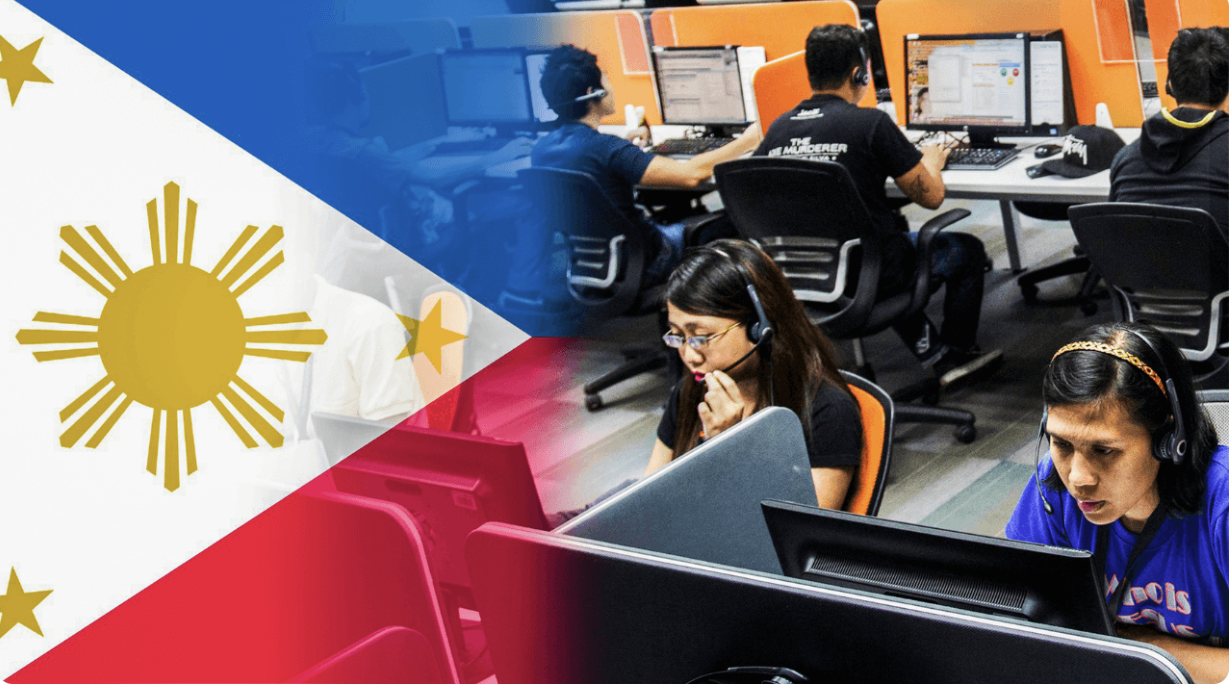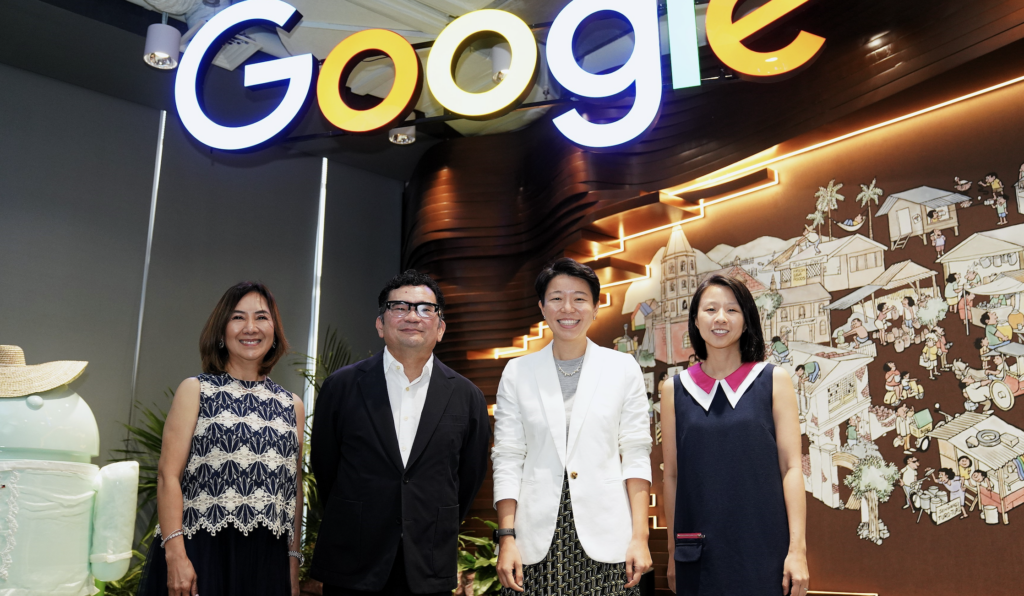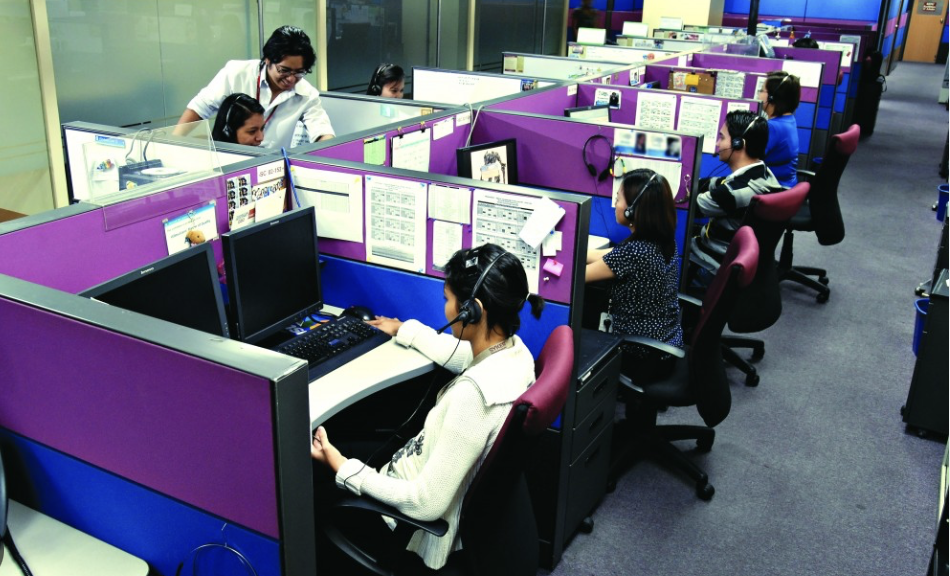The Philippine IT-BPM industry is gearing up for the future with a strategic partnership between Google and the IT and Business Process Association of the Philippines (IBPAP).
This collaboration aims to equip Filipino professionals with in-demand digital skills, ensuring the country maintains its competitive edge in the rapidly evolving global IT-BPM landscape.

Through Google Career Certificates, Filipino professionals will gain access to high-quality training and certifications in critical areas such as cybersecurity, data analytics, IT support, UX design, and project management.
These certifications are recognized by top employers worldwide, providing a significant boost to career advancement opportunities.
Partnership includes access to Google AI Essentials course
According to the company’s press release, the partnership will include access to the Google AI Essentials course on Coursera, helping empower Filipinos with the knowledge and skills necessary to harness the power of artificial intelligence (AI) in their roles.
“This partnership with Google is a pivotal step in our journey towards achieving the ambitious goals outlined in our Roadmap 2028,” said Jack Madrid, President and CEO of IBPAP.
“By equipping our workforce with the latest digital skills, we are not only strengthening their employability but also solidifying the Philippines’ position as a global leader in the IT-BPM sector,” he added.

Jackie Wang (3rd from left), Country Director of Google Philippines and Thailand, together with Jack Madrid of IBPAP (2nd from left) and Pat Choa (right).
Jackie Wang, Country Director of Google Philippines and Thailand, emphasized the company’s commitment to supporting the growth and development of the Philippine workforce. “We believe in the power of technology to transform lives,” said Wang.
“By empowering Filipinos with in-demand skills through this collaboration, we are contributing to the country’s economic progress and ensuring a brighter future for all,” she added.
Pat Choa, Site Lead for Google Philippines, further highlighted the importance of this initiative. “The Philippines plays a vital role in the global IT-BPO ecosystem,” Choa said. “By upskilling our workforce with the latest digital skills, we are not only maintaining our competitive advantage but also ensuring that the Philippines remains a top destination for high-quality, high-value IT-BPM services.”
Google-IBPAP partnership comes at a crucial juncture

Their partnership comes at a crucial juncture for the Philippine IT-BPM industry.
While the sector has achieved significant milestones, including US$38 billion in revenue and employing 1.82 million Filipinos in 2024, the industry is constantly evolving. The Roadmap 2028, with its ambitious targets of US$59 billion in revenue and 2.5 million jobs, necessitates a skilled and adaptable workforce.
This collaboration with Google is a significant step towards bridging the skills gap and ensuring the Philippines remains at the forefront of the global IT-BPM industry.
According to the IBPAP, the Philippine BPO industry now has 1.4 million full-time employees or FTEs. The industry has also generated US$29.1 billion in revenue during the first half of 2022, which can be due to the growth in e-commerce, healthcare, financial technology, and IT.
About Google
Google’s mission is to organize the world’s information and make it universally accessible and useful.
As a key enabler, the company has played a pivotal role in the Philippines’ digital transformation. Through its tools and platforms like Search, YouTube, and Google Cloud, Google has provided critical infrastructure for businesses and individuals to thrive in the digital economy.
During the presentation of the key findings of Google e-Conomy report in 2024, Wang emphasized the importance of AI adoption and inclusivity in sustaining growth.
“The Philippines is once again Southeast Asia’s fastest-growing digital economy – thanks to its tech-savvy population, thriving digital sectors, and supportive government,” she noted in her presentation. “The country ranks among the global top 10 for AI search interest, too, highlighting its potential to become a leader in AI adoption. To keep all this momentum towards a sustainable digital economy, inclusivity is key.”
“By actively expanding opportunities and ensuring underserved communities can fully participate, we can create a digital future where more Filipinos can thrive,” she concluded.







